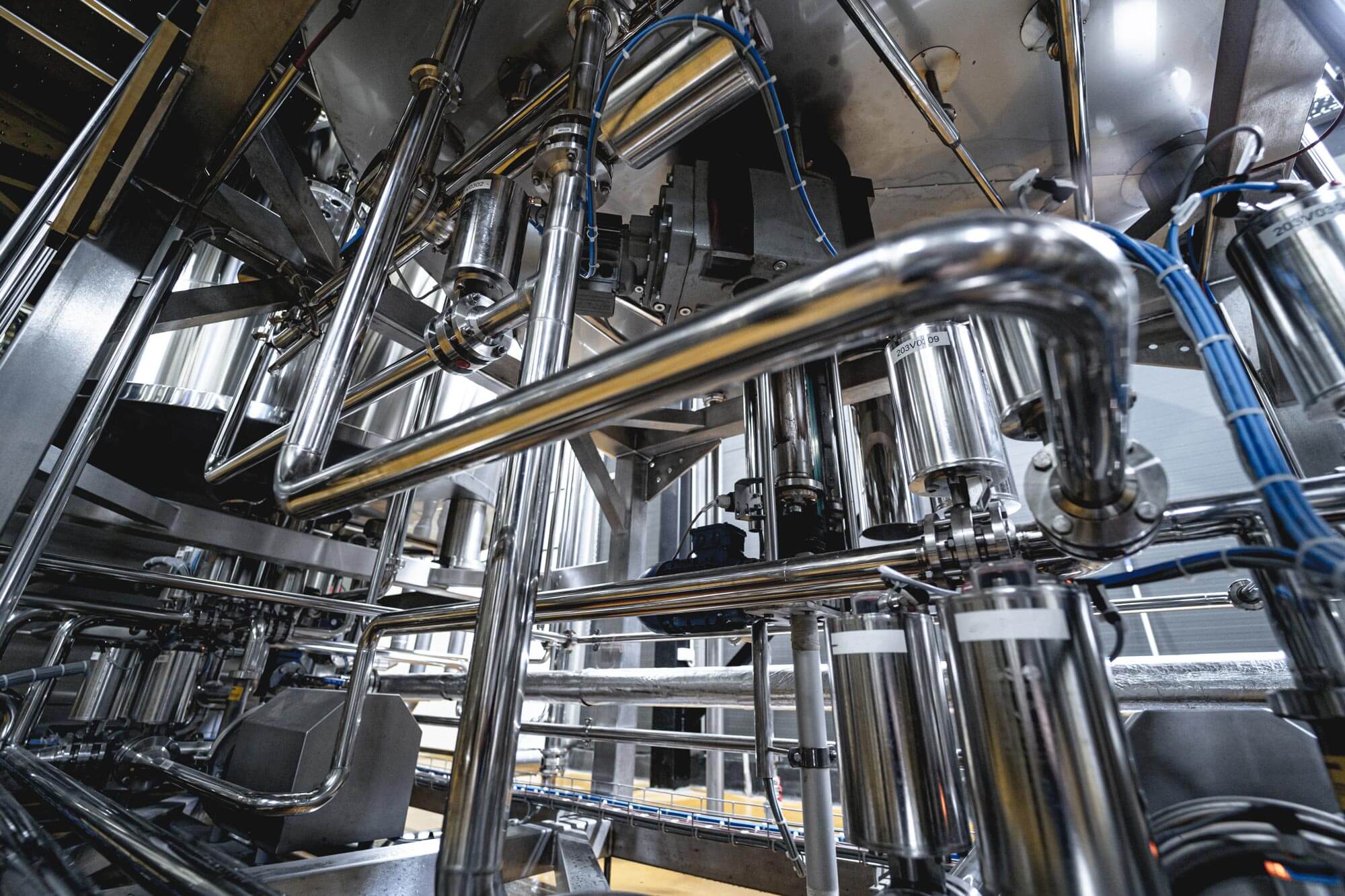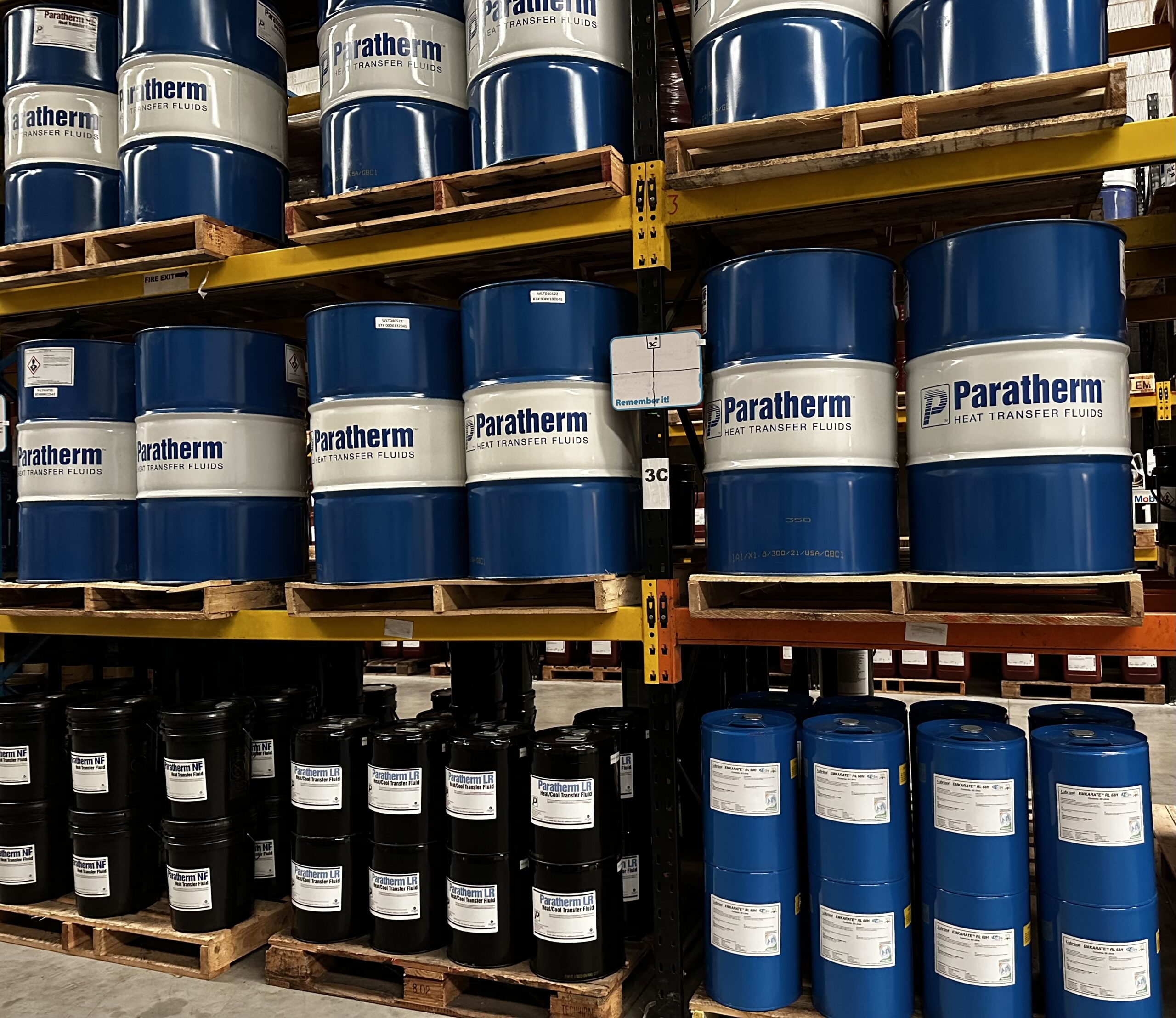Why Warmth Transfer Liquid Is Necessary for Optimizing Power Transfer in Solution
The duty of heat transfer fluids in enhancing energy transfer is critical for achieving reliable thermal monitoring throughout numerous commercial industries. These fluids help with seamless heat exchange, guaranteeing processes run within optimum temperature level arrays and minimizing the risk of overheating.

Role in Thermal Administration
Heat transfer fluids play a critical duty in thermal management by successfully managing temperatures in numerous industrial procedures and systems. These specialized fluids facilitate the transfer of warmth between various components, making sure optimum operating conditions and stopping overheating. By preserving specific temperature level control, heat transfer liquids enable industries such as chemical production, oil and gas, and power generation to run safely and efficiently.
The choice of a proper warm transfer liquid depends upon a number of aspects, including thermal stability, warmth ability, and viscosity. High thermal stability ensures that the liquid can hold up against severe temperature levels without breaking down, while a high warm capacity allows it to absorb and launch considerable quantities of warm - heat transfer fluid. Low thickness decreases the power required for pumping, adding to general system effectiveness
Additionally, warmth transfer liquids are important in applications like refrigeration, where they assist soak up and dissipate heat during the cooling cycle. In solar thermal energy systems, these fluids capture and transportation solar heat to generate electrical energy or provide hot water. Their adaptability to varied operating problems and capability to keep consistent thermal performance emphasize their significance in commercial thermal management, assisting in functional continuity and improving precaution.

Enhancing System Effectiveness
To make the most of the advantages of thermal management, boosting system efficiency via the tactical use heat transfer liquids is critical. These liquids play a vital duty in optimizing power transfer by helping with regular thermal policy, which subsequently impacts the overall performance and long life of systems. Effective warmth transfer causes minimized power losses, reduced operational expenses, and boosted reliability of devices. By keeping optimal temperature level degrees, warmth transfer fluids assist make certain that systems operate within their developed criteria, thereby avoiding overheating and lowering the threat of element failing.

Types of Warm Transfer Liquids
The variety of warm transfer liquids emphasizes their important function in a variety of commercial applications, each customized to meet specific thermal management requirements. These liquids assist in efficient power transfer and are chosen based on key residential or commercial properties such as thermal security, viscosity, and warm capability. The key kinds include water, glycol options, oils, and synthetics, each offering unique advantages.
Water is the most typical heat transfer tool due to its high particular warmth capability and reduced expense. Mineral oils are preferred for their thermal stability and non-corrosive nature, making them ideal for high-temperature applications.

These liquids guarantee superior efficiency in systems where traditional fluids may fall short. The choice of a warmth transfer fluid is important, as it affects system efficiency, security, and longevity.
Environmental and Economic Advantages
Utilizing the right warm transfer liquids uses substantial ecological and economic benefits for industrial procedures. Environmentally pleasant heat transfer liquids, often eco-friendly and non-toxic, decrease the danger of dirt and water contamination in the event of leakages or spills, thus shielding communities and abiding with rigid environmental guidelines.
Economically, the right warmth transfer liquid can dramatically lower functional expenses. Fluids with navigate to this site extended lifecycle performance lower the regularity of replacements and maintenance, reducing downtime and linked prices. Generally, the calculated use of ideal heat transfer liquids sustains lasting economic growth and environmental stewardship.
Choosing the Right Fluid
Just how does one navigate the complicated procedure of picking the right warm transfer liquid for commercial applications? Thermal stability guarantees the fluid can stand up to high temperature levels without degrading, while compatibility avoids rust or various other destructive reactions with system components.
Furthermore, the liquid's warmth capacity and viscosity are extremely important. A high heat capacity allows the fluid to take in and move more energy, enhancing effectiveness. Optimum thickness makes certain marginal pump job and reliable warm transfer, particularly in differing temperatures. Environmental and security elements need to additionally belong to the decision-making procedure. site here Safe, naturally degradable liquids minimize environmental impact and follow regulatory criteria, decreasing responsibility dangers.
Final Thought
The critical choice and application of warmth transfer fluids are basic to enhancing power transfer across numerous systems. By making sure high thermal security and capacity, these liquids provide exact temperature level control and boost overall system effectiveness.